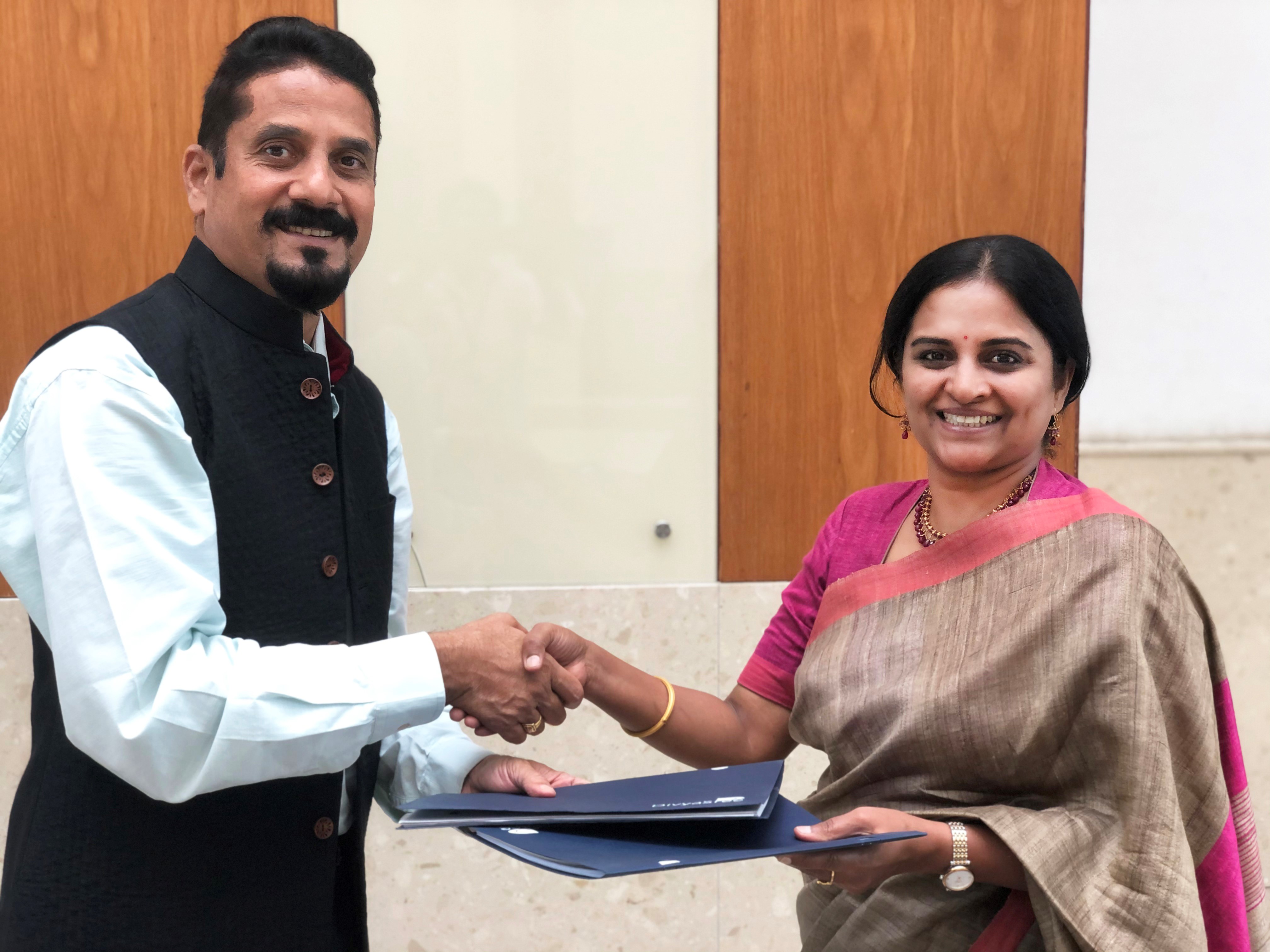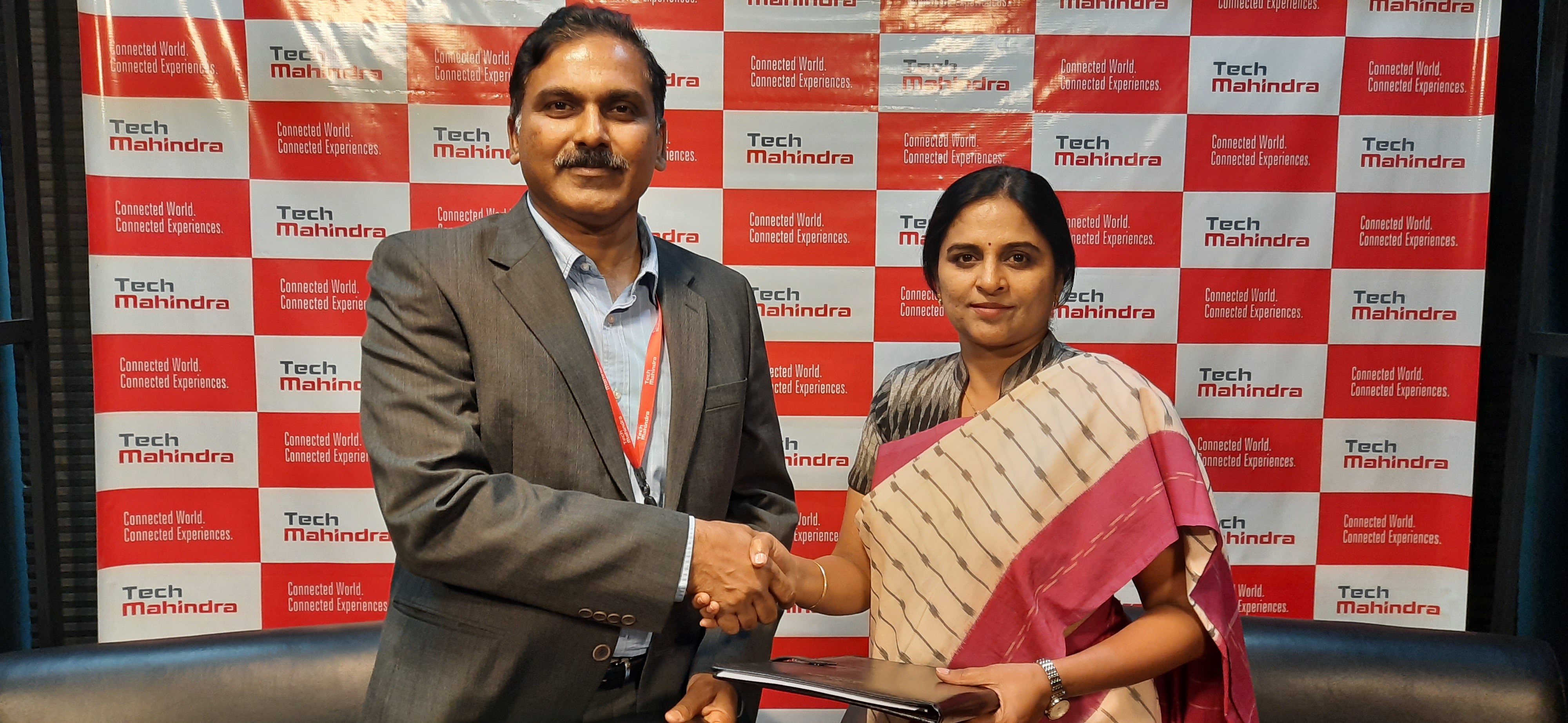
Divyasree NSL Infrastructure and SR University collaborate to create industry-ready Civil Engineers
SR University, better known as the number 1 in the country for Innovation, today announced its collaboration with Infrastructure leader Divyasree NSL Infrastructure, with the intent to create 600 industry-ready civil engineers in the next 5 years. This collaboration is part of SR University”s strategy to partner with Industry to provide



